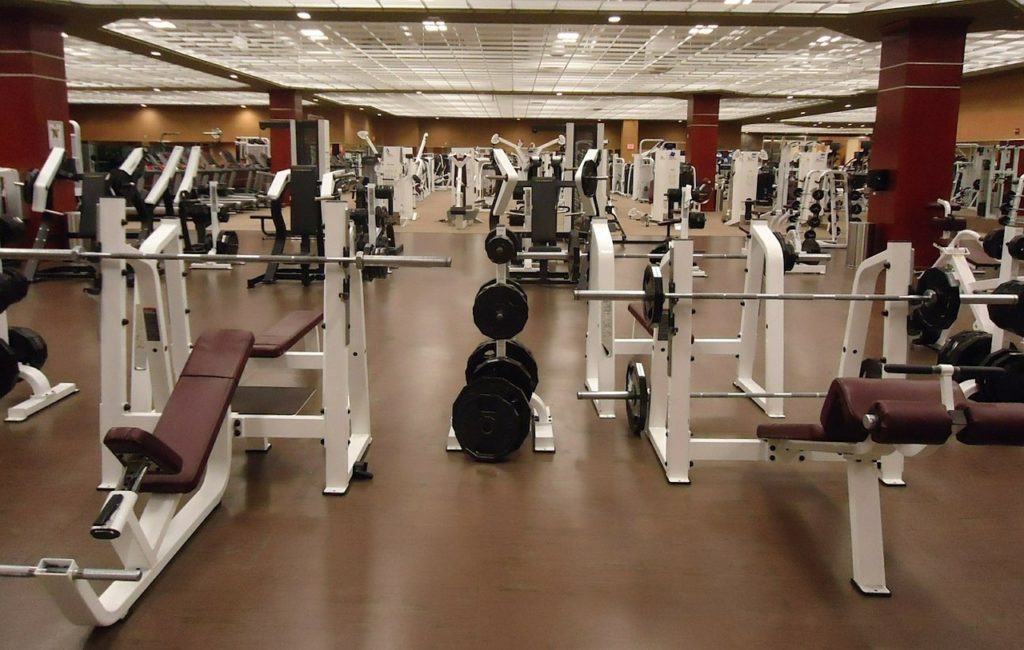
Stress is your body’s reaction to your challenge or need. Everybody experiences stress, which may be triggered by a selection of occasions, from minor daily hassles to significant changes such as a divorce or job loss. The pressure response incorporates physical elements such as an elevated pulse and blood pressure, ideas, individual beliefs concerning the event, and feelings, such as anger and anxiety. Though we often consider it unwanted, stress may come from favorable changes in your own life. But too much stress can cause health hazards to our well-being and, for the most part, can even bring tragedy. Fortunately, stress is curable via proper counseling and certain medications; for medical treatment, click here. In this post, we showcase some of the essential tips you can apply to beat off or reduce stress naturally. Read on; it won’t give you too much pressure.
Take Exercise
 Aerobic exercise, such as jogging, cycling, or dancing, is a recommended physical activity that rates up the heart. As you worked out, hormones called Endorphins are produced naturally from the brain that relieves pain and reduces anxiety. Exercise also ultimately reduces the number of hormones associated with stress, such as cortisol and adrenaline. Working out even when you aren’t feeling stressed can also help you manage stress later on. It is also advisable to choose the type of exercise you enjoy, so it’s not a chore. If you’re starting, take a 10-20 minute walk three times a week and build from there.
Aerobic exercise, such as jogging, cycling, or dancing, is a recommended physical activity that rates up the heart. As you worked out, hormones called Endorphins are produced naturally from the brain that relieves pain and reduces anxiety. Exercise also ultimately reduces the number of hormones associated with stress, such as cortisol and adrenaline. Working out even when you aren’t feeling stressed can also help you manage stress later on. It is also advisable to choose the type of exercise you enjoy, so it’s not a chore. If you’re starting, take a 10-20 minute walk three times a week and build from there.
Practice Relaxation
Practicing relaxation techniques like deep breathing, meditation, or yoga can also help manage stress. When you are stressed, you breathe faster and take shallow breaths because your heart is racing. Reducing your heart rate by focusing on breathing can help. It is recommended to take a 4-7-8 breathing, where you inhale for 4 seconds, hold it for 7 seconds and then exhale for 8 seconds. Practicing relaxation has several benefits in stress reduction. In particular, yoga has been proven to reduce hormonal cortisol levels, which are associated with adrenaline.
Get More Sleep
 Anyone who has tried working with a few hours of concentration knows that not getting enough sleep makes it harder to deal with stress. Adults typically need seven or eight hours of sleep a night, and people who sleep less than that say they worry more. But for a large percentage of people, being stressed makes it challenging to fall asleep. Cortisol, the stress hormone, makes you agitated and awake, which can make sleep difficult. To have a better sleep, it is advisable to turn off your devices and applied pre-bedtime rituals like a warm bath, reading a book, listening to music, or drinking chamomile tea.
Anyone who has tried working with a few hours of concentration knows that not getting enough sleep makes it harder to deal with stress. Adults typically need seven or eight hours of sleep a night, and people who sleep less than that say they worry more. But for a large percentage of people, being stressed makes it challenging to fall asleep. Cortisol, the stress hormone, makes you agitated and awake, which can make sleep difficult. To have a better sleep, it is advisable to turn off your devices and applied pre-bedtime rituals like a warm bath, reading a book, listening to music, or drinking chamomile tea.
It’s crucial to practice proper sleep hygiene since it helps your internal clock, called your circadian rhythm, stay in sync, so your body is prepared to sleep at the right time.…




 Whenever you have consumed is breaking while the proteins, fats, carbohydrates and consuming nutrients. The consumption of these nutrients depends on a lot of vitamins (Vitamin B ) that you want to consume on a daily basis.
Whenever you have consumed is breaking while the proteins, fats, carbohydrates and consuming nutrients. The consumption of these nutrients depends on a lot of vitamins (Vitamin B ) that you want to consume on a daily basis.


